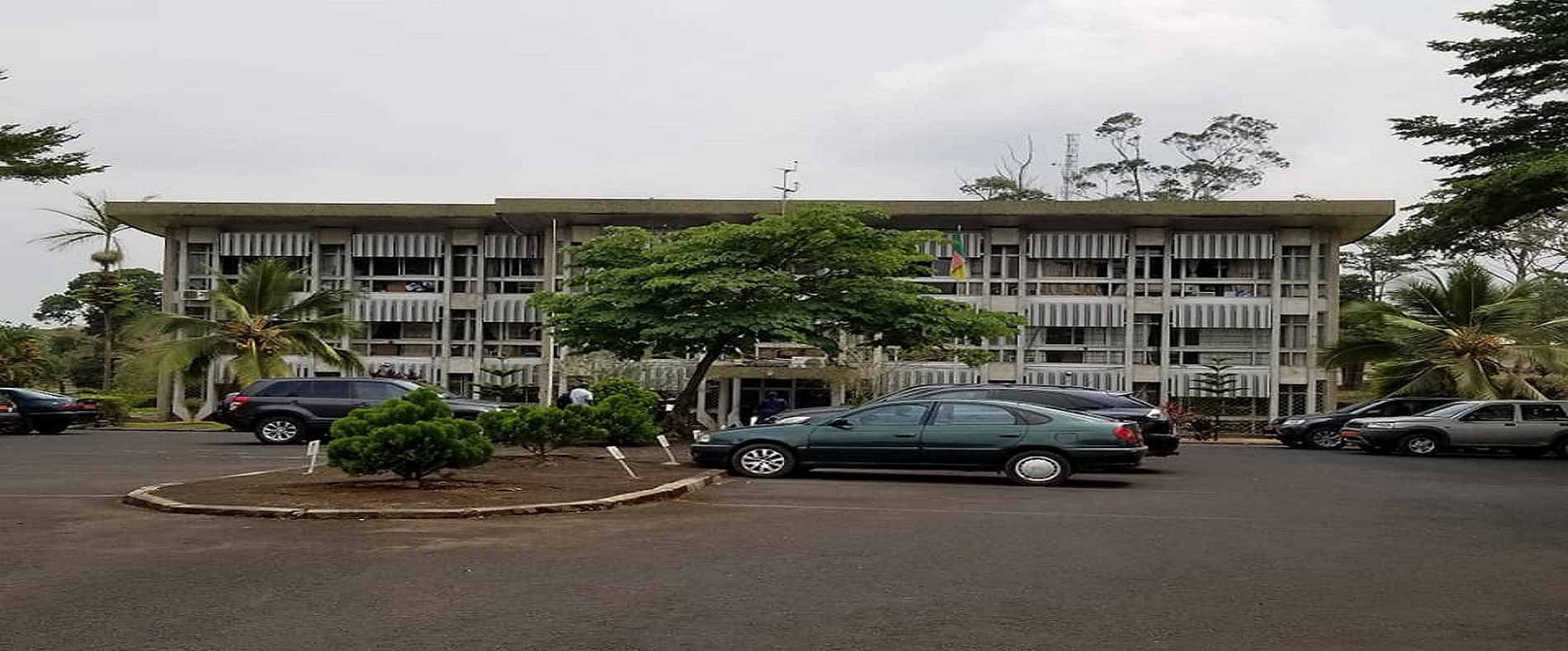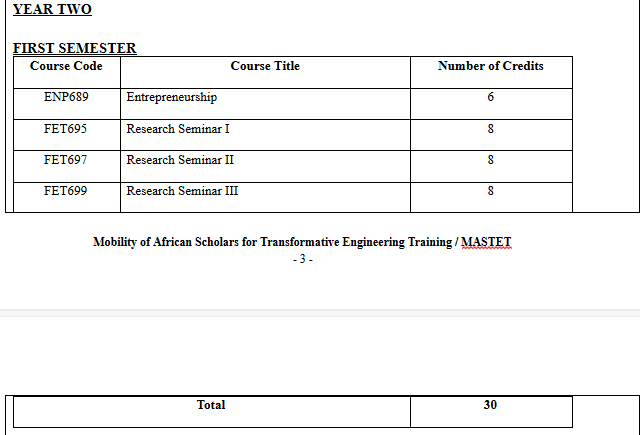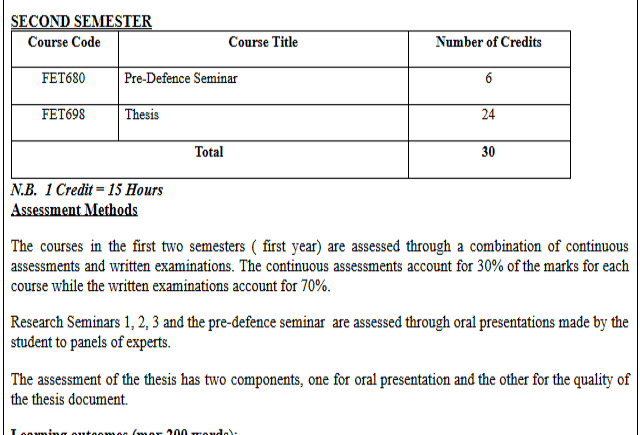Master of Engineering in Power Systems
- Type of Academic Programme
- Masters
- Duration in Semesters
- 4 semesters (Minimum of 2 semesters per year)
- Study credits/hours (per semester)
- 30 credits/ 1800 hours)
- Objectives
The Master’s programme in Sensor Networks for Power Systems Operation, Maintenance and Control is designed to meet 4 main objectives :
- Develop an understanding of the micro-electronic technology used in the design of sensors
- Build capacity in the design of sensor networks for power systems
- Build capacity to apply sensor networks to the monitoring of power systems
- Build capacity to apply sensor networks to the maintenance of power systems
- Build capacity to use sensor networks for the control of power systems
- Structure and content
-
The Master’s programme is designed around 5 main pillars :
- Micro-electronic controllers as embedded systems
- Sensor networks
- Design of sensor networks for network coverage
- Sensor Network-based control
- Sensor Network-based maintenance algorithms
The first year of the programme is devoted to formal lectures while the second year is devoted to the research project. At the beginning of the third semester, each student is assigned a research project and a supervisor. The progress made by the student is periodically assessed by juries of academic staff through seminar presentations by the student. The configuration of the various courses into semesters is shown below.
YEAR ONE
FIRST SEMESTER
Course Code Course Title Number of Credits EEF 677 Micro-controllers 6 EEF 675 Power Systems 6 FET 671 Embedded systems 6 FET 651 Modern Control Systems 6 FET 655 Operation, maintenance and control of autonomous green energy systems 6 Total 30
SECOND SEMESTER
Course Code Course Title Number of Credits EEF 682 Sensor Network-based Control of power systems 6 EEF 684 Systems Design for Development Impact: Case Studies 6 FET 686 Power System maintenance strategies and algorithms 6 EEF 676 Numerical methods for Engineering 6 EEF 678 Simulation of power systems 6 Total 30 - Learning outcomes
After completing the Master’s programme, the student will be able to :
- Understand the micro-electronic components used in building sensors
- Understand the technology of embedded systems
- Design sensor networks and install them on power systems
- Design control algorithms and apply them to sensor networks
- Automate the maintenance of power systems based on sensor networks
- Recognition and accreditation obtained
-
The programme was accredited by the Cameroon Ministry of Higher Education in 2014
Period of validity of accreditation:Validated since 2009

 MASTET
MASTET



